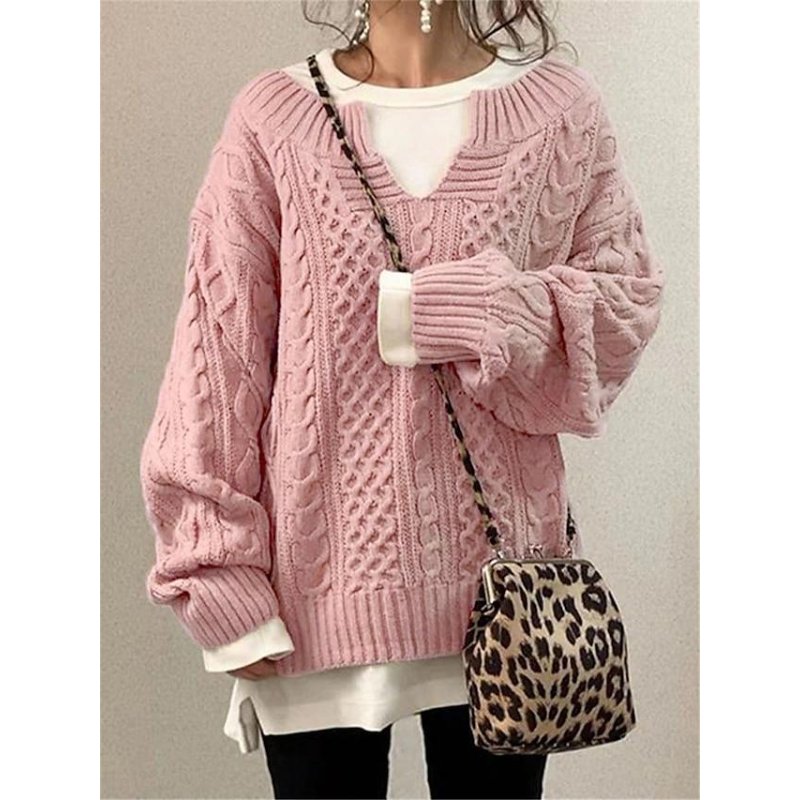Tag: Fast Fashion, Clothing Industry, Global Market
In recent years, fast fashion has become a hot topic in the global clothing market. With its affordable prices and constantly changing styles, it has gained popularity among consumers worldwide. But what exactly is fast fashion and how does it impact the clothing industry?
Fast fashion refers to inexpensive clothing that is produced quickly in response to current trends. It involves rapid turnover of collections and production processes that prioritize speed and efficiency over quality. This model was first introduced by retailers such as Zara and H&M in the 1990s and has since expanded globally.
One of the main reasons why fast fashion has been so successful is its ability to offer trendy clothes at low prices. Consumers are drawn to these stores because they can keep up with the latest styles without breaking the bank. However, this comes at a cost – both for producers and the environment.
To keep up with demand for new collections every few weeks, manufacturers often have to cut corners when it comes to labor rights and environmental regulations. In order to produce large quantities of clothing at a rapid pace, workers are often underpaid or forced into poor working conditions.
Moreover, fast fashion contributes significantly to pollution due to its high volume production methods using cheap materials like polyester which release harmful chemicals into our waterways during manufacturing process. These practices not only harm our planet but also affect vulnerable communities living near factories.
Despite these drawbacks, there are still some positive aspects of fast fashion that cannot be ignored. It provides job opportunities for many people around the globe who may not have access otherwise. Additionally, as more companies adopt sustainable practices in their operations by using eco-friendly materials or implementing ethical labor standards, we can hope for improvement within this industry.
As consumers become more aware of these issues surrounding fast fashion’s negative impacts on both human beings and nature alike – conscious shopping habits will play a vital role in driving positive change. By choosing to buy from sustainable and ethical brands, we can support the shift towards more responsible and slow fashion movements.
In conclusion, while fast fashion has revolutionized the clothing industry with its constant stream of trendy and affordable styles, it also comes with consequences that cannot be ignored. As consumers, it is our responsibility to understand these impacts and make conscious decisions when making purchases. Only then can we ensure a healthier future for both the industry and our planet as a whole.
